Georgetown Launches Undergraduate Degree on the Environment and Sustainability
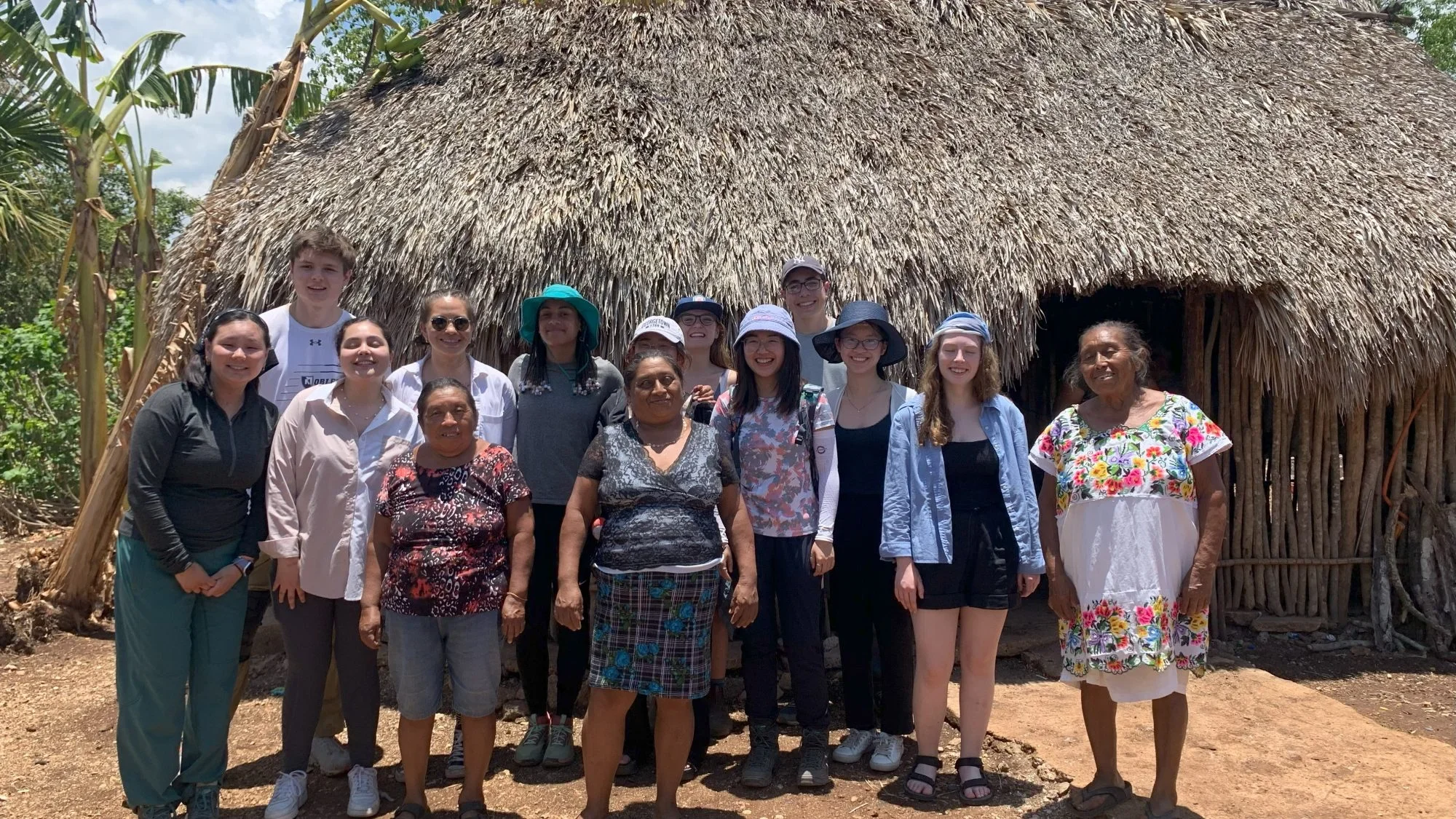
Georgetown has launched its first degree program for undergraduate students interested in studying the environment and sustainability.
Starting in spring 2024, first-year students and sophomores can enroll in the core courses of the Joint Environment & Sustainability Program (JESP) and work toward a bachelor of science degree in environment and sustainability offered jointly by the Earth Commons Institute and the College of Arts & Sciences. All incoming Hoyas in the Class of 2028 can also enroll in the JESP program in the fall semester.
“Now more than ever, a liberal arts education should encourage students to pursue their interests passionately while also preparing them to wrestle with the most pressing issues of the day, including the global climate crisis,” said Rosario Ceballo, dean of the College of Arts & Sciences. “The Joint Environment & Sustainability Program will not only empower students, but will equip them with an array of scientific and humanistic skills to address the environmental problems of our time.”
Georgetown has offered undergraduate students outlets to pursue studies related to the environment, such as the minor in environmental studies, but JESP is the first standalone four-year degree program in which undergraduates can dedicate the bulk of their studies to the growing fields of the environment and sustainability. After increasing student interest in this area of study, the Earth Commons Institute and the College of Arts & Sciences worked together with the Red House at Georgetown to develop the program.
“Over the last few years, we’ve seen an unprecedented amount of student interest in pursuing studies related to the environment and sustainability,” said Peter Marra, dean of the Earth Commons Institute. “Today’s students and future generations will bear the brunt of the climate crisis and other environmental degradation, and this new degree program will prepare our students to be the leaders of tomorrow our world so desperately needs if we are to reverse the effects of humans on the environment, an environment we as humans are also critically dependent upon.”
An Interdisciplinary, Liberal Arts Approach to Environmental and Sustainability Studies
Unlike many environmental studies programs that hone in on one aspect of environmental science or policy, students in JESP will take a series of core courses in environment and sustainability and can then narrow their focus on interdisciplinary subjects in environmental science, policy, the arts or humanities.
“Students are coming from lots of different areas and mindsets, and we want to encourage them to start where they are now and bring their perspectives and knowledge to the table. We don’t want them to start from scratch,” said Jesse Meiller, associate teaching professor in the Earth Commons Institute and the Graduate School of Arts & Sciences who was a leader on the team that developed the new program. “So it’s not just sustainability or environmental science or policy, but lots of different paths to build on their interests and hopefully expand into other areas they haven’t even thought of yet.”
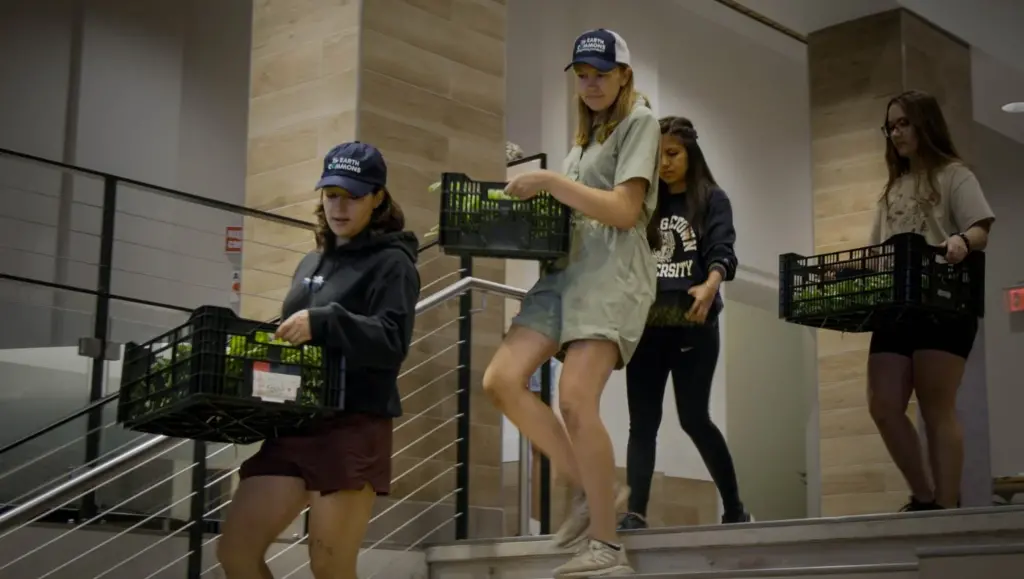
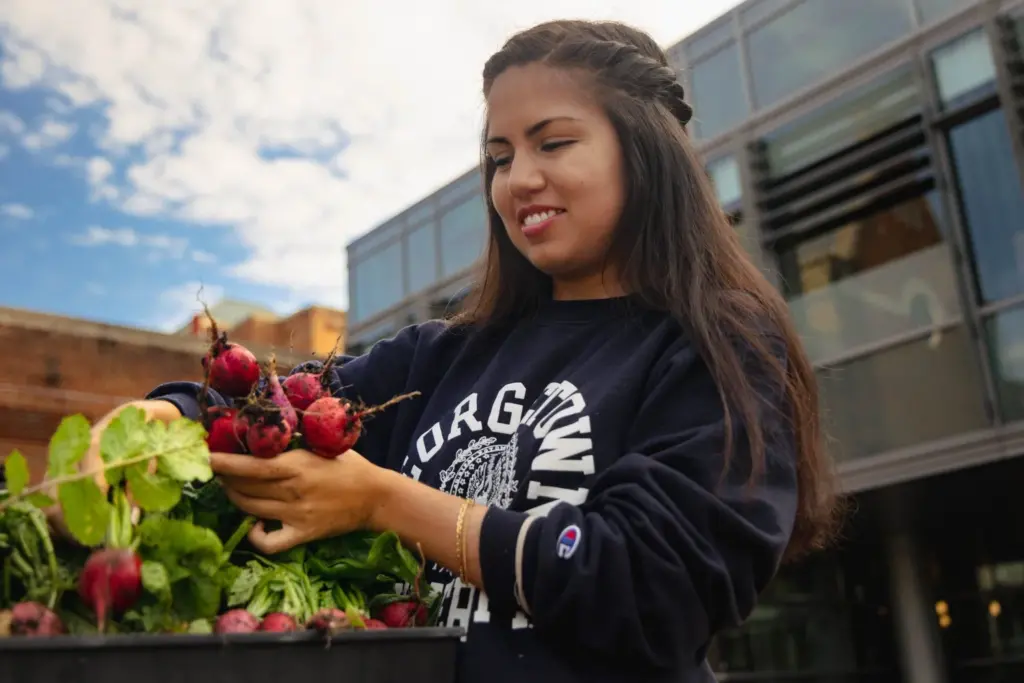

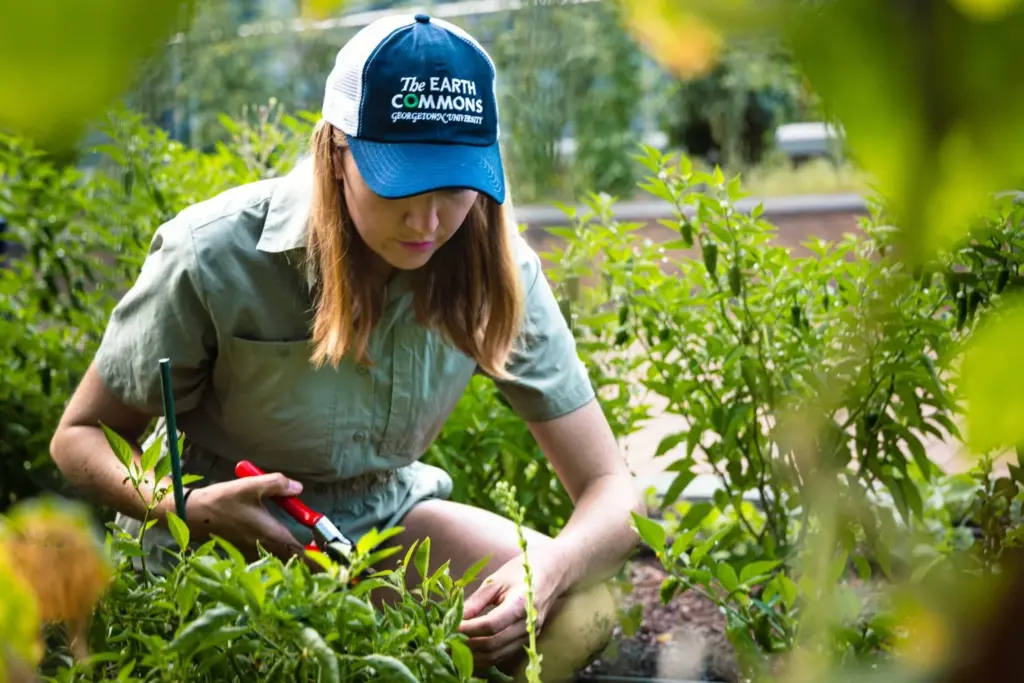
In the first two years, students in JESP will be on Georgetown’s Hilltop campus and take foundational courses on the environment, including environmental science, justice and ethics. These core courses draw on the liberal arts curriculum from the College of Arts & Sciences that cultivates students’ skills in analysis, interpretation and expression.
Students will spend their junior and senior years studying on the Capitol Campus in downtown Washington, DC, where they will build on their foundational courses and customize their curriculum to match their own interests. While there will be several set pathways and courses students can choose from, third and fourth-year students will be encouraged to work with their academic advisors in JESP to take other courses and tie them to their environmental and sustainability studies.
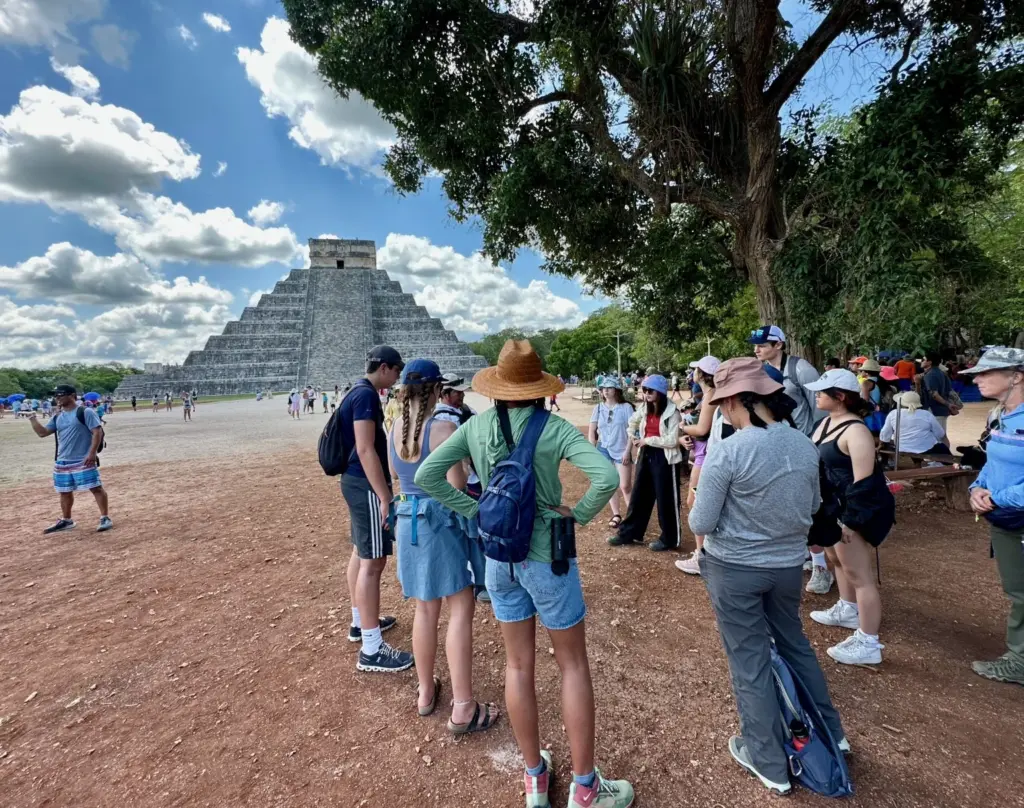
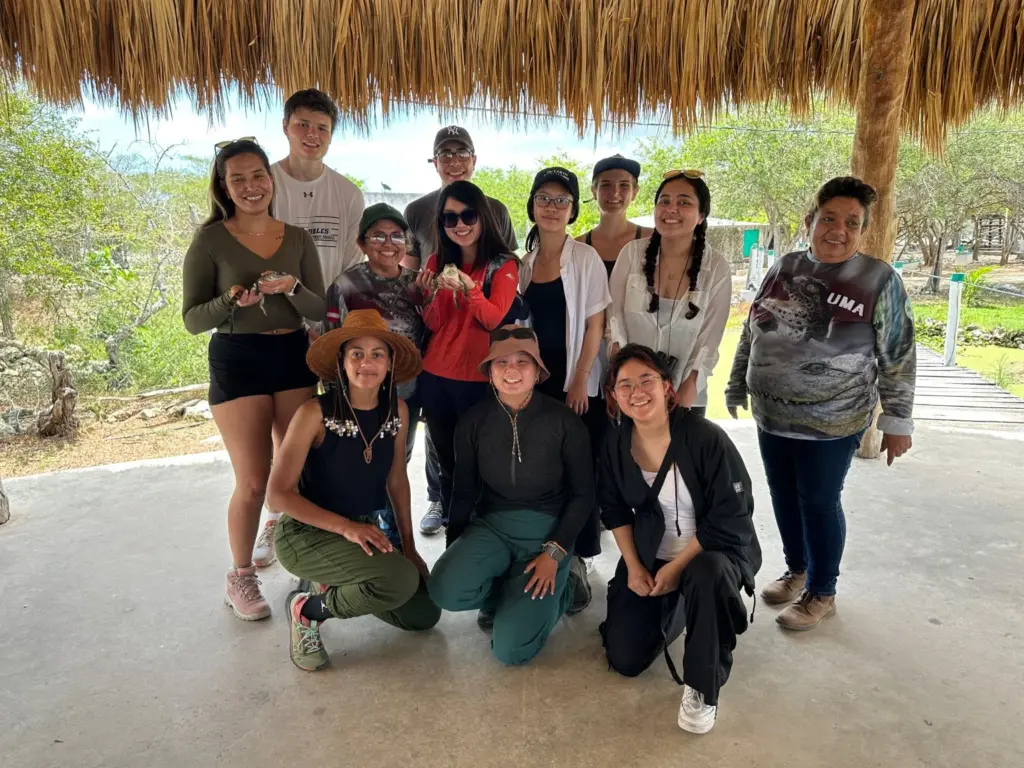
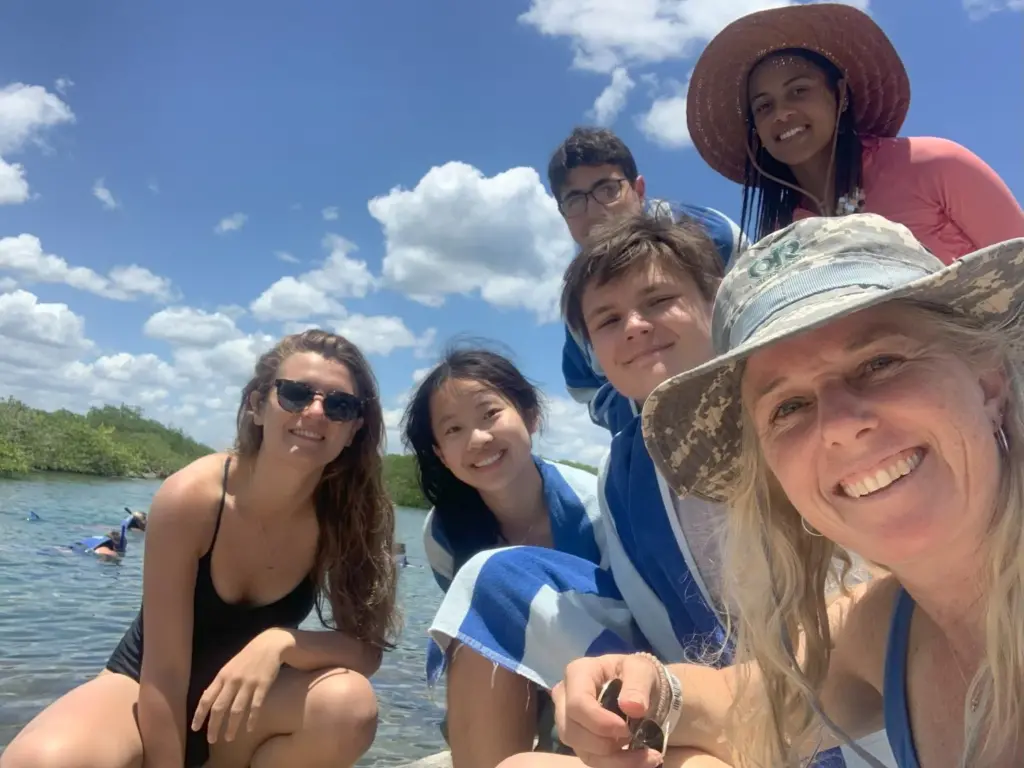
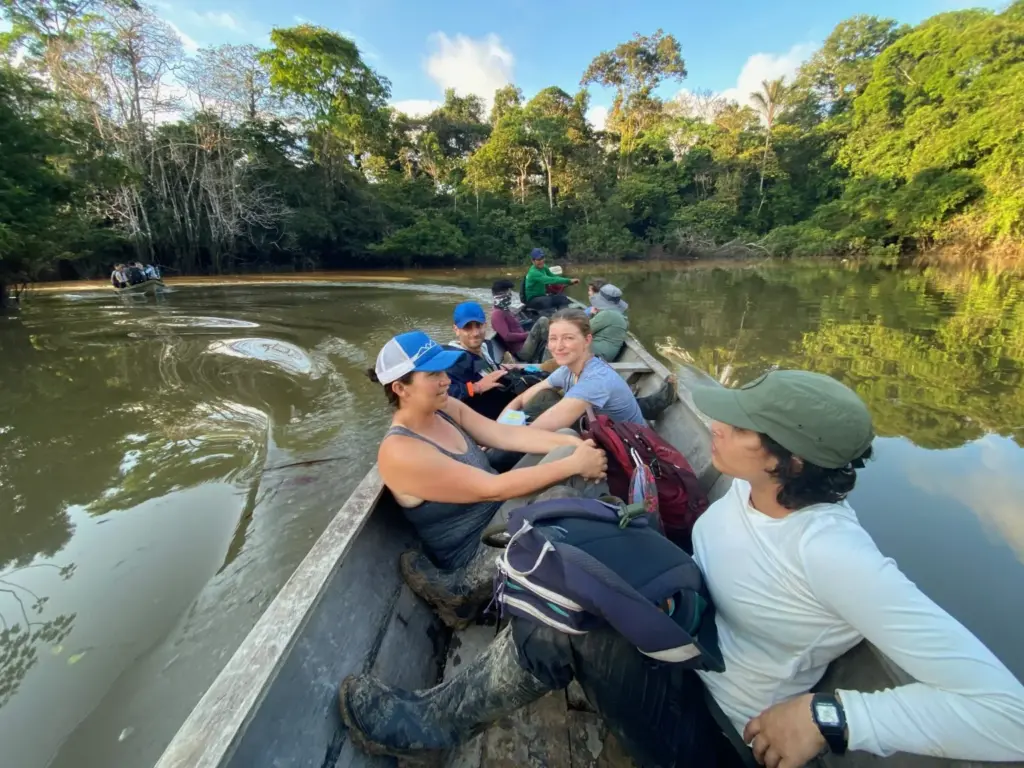
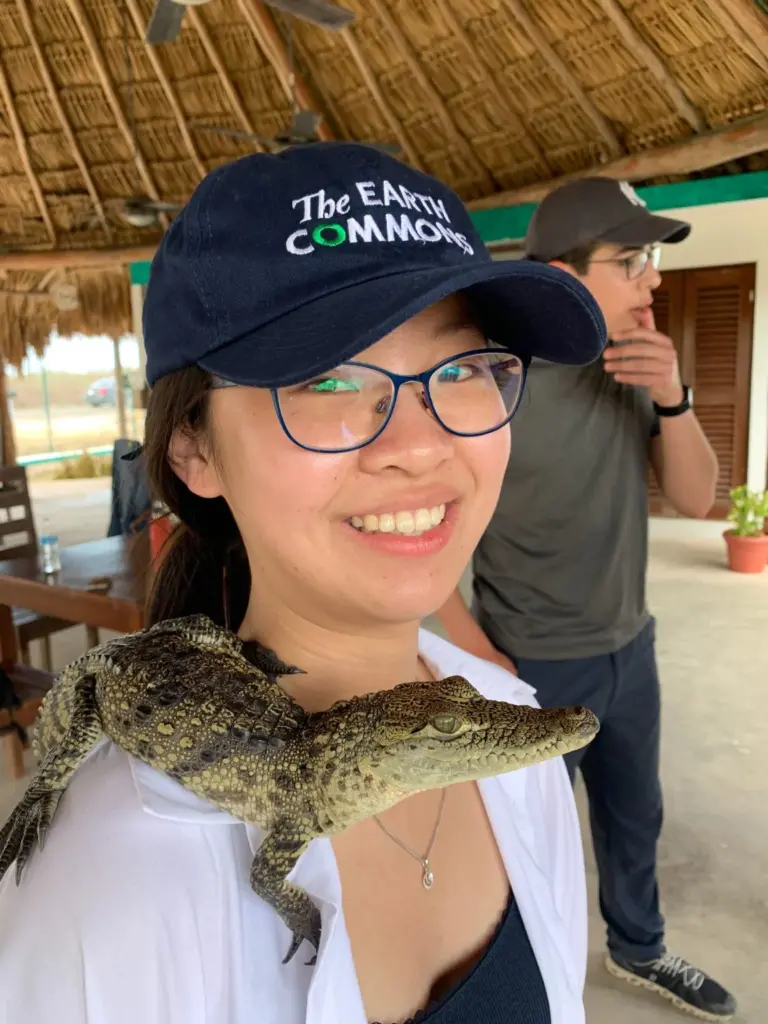
Hands-On Learning in the Field
Throughout each of the four years in JESP, students will also engage in experiential learning and immersion experiences to deepen their understanding and engagement with their studies.
Randall Amster, teaching professor who was a leader on the team that developed the new program, said experiential learning is essential to give students the ability to develop and utilize the toolkits they’re learning about in the classroom.
“Experiential learning helps build capacity in the next generation of changemakers around a very profound and even potentially existential issue,” Amster said. “We’re talking about helping to build out a robust toolkit to address these complex challenges that are all interconnected, whether we’re talking about food, water, energy, climate, health or transportation. These things all have ecological components.”
As students in their first and second years in the program build out foundational skills, they will experience what the program calls “interruptions and integrations” at the beginning and end of each semester. In each of these bookend modules, students will apply the foundational knowledge learned throughout the semester to the real world. These modules will also enable students to connect to the subjects they’re studying and see how their studies can be applied in their own lives.
Juniors and seniors in JESP will have the opportunity to spend a semester abroad in places like Ecuador, Madagascar, Samoa, Tanzania, Greece and South Africa, or stay in DC and work with local organizations to apply knowledge from the classroom to a professional setting. Students living on the Capitol Campus will also have access to internships and partnerships with local nonprofits, federal agencies and other organizations working on environment and sustainability issues.
Meiller said these experiential and immersion components are essential for students to see how their coursework can be used in the workforce.
“Hands-on learning helps students to see applications in the real world, outside of the classroom. They’re putting their learning to use, and they’re not going to lose or forget that,” Meiller said. “Applying the concepts and skills they learn in the classroom creates lasting and meaningful connections. That’s what allows students to take it forward and out into the real world when they graduate.”
Students in JESP will also have access to shorter immersion experiences over the summer. This past summer, a small group of undergraduate students led by Meiller and Marra traveled to the Yucatan to study the region’s biodiversity, sustainability and culture. Meiller said she expects similar courses to be offered to JESP students in the future.
Another core component of JESP will be its peer leadership program. Juniors will receive peer leadership training to prepare them to work as academic assistants in the classroom or other student-facing mentorship roles. As part of this component, Meiller and Amster are working on building out a peer mentoring program that would pair seniors with first- and second-year students to serve as guides and mentors as they navigate JESP and life at Georgetown.
Georgetown’s Growing Environmental Coursework
JESP is the latest program Georgetown offers its students interested in pursuing studies in the areas of environment and sustainability.
Earlier this year, the Earth Commons Institute, Graduate School of Arts and Sciences and the School of Foreign Service’s Science, Technology and International Affairs (STIA) Program launched their joint degree — a master’s in environment and international affairs. Open to students starting in fall 2024, the degree will offer three concentrations for students to pursue: global sustainable energy technology and policy; global environmental science and policy; and environmental science and international security.
The Earth Commons Institute and Graduate School of Arts and Science have also partnered with the McDonough School of Business and are now in their second cohort in the master’s in environment and sustainability management (ESM). The one-year program fuses environmental science and business management to train future business leaders in sustainability.
“Taking care of our common home is integral to our values at Georgetown,” Marra said. “Our range of existing and new degree programs will build on this commitment as we prepare students to become leaders and responsible stewards of our planet. The education we provide provides the right combination of classroom and field experience while also recognizing that it isn’t just about accumulating knowledge, but rather also inspiring hearts and the whole person as we help young people find their passions.”
This article was originally published by Georgetown University. Please follow the link to read the full story.
